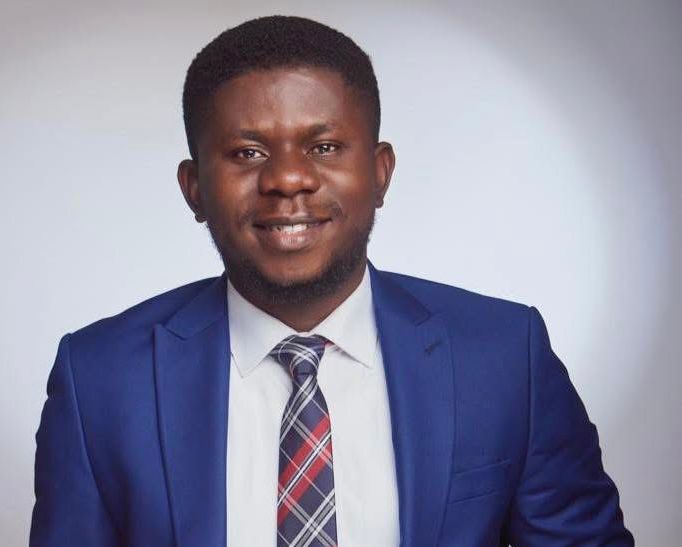After years of supplying Nigeria with financial assistance, technical expertise, and other support to address persistent challenges, from poverty and malnutrition to gaps in health and education, the United States Agency for International Development (USAID) withdrew its funding and halted several development projects.
The freeze disrupted development projects nationwide, leaving a gap that has yet to be filled several months later after the aid cut. U.S. health assistance to Nigeria was over $600 million as at 2023. In 2024, the total U.S. aid Nigeria received increased to about $740 million in 2024. The temporary freeze in early 2025 and subsequent disruptions created immediate shortfalls in commodity procurement and service delivery.
The freeze was sudden and Nigeria was unprepared for the jarring impact. The funding loss did not only reveal a tragedy, it exposed a harsh reality – that Nigeria is unprepared to survive without support from foreign lifelines and that the country operates on fragile systems which are heavily reliant on donor funding.
Nigeria has long ranked among the world’s largest recipients of development aid — from USAID, DFID, and GIZ, to the Global Fund and the Gates Foundation. These partners have supported everything from HIV care to civil service reform. But we have often relied on them without asking a hard but necessary question: What happens when they leave?
Now we know. The systems we thought were strong were, in fact, fragile by design — heavily manual, donor-controlled, and poorly integrated into local structures. And when those systems fell apart, it wasn’t just because the money left. It was because the infrastructure underneath was never truly ours.
Having worked with public sector institutions in both Nigeria and the UK’s National Health Service (NHS), I’ve seen firsthand the difference systems make.
At NHS, I helped design dashboards that tracked procurement performance, budget deviations, and regulatory compliance — all in real time. We achieved a 60% reduction in manual reporting and cut procurement waste by over £150,000 in one cycle.
This is what Nigeria needs: fraud-resistant, compliance-ready, and locally owned infrastructure that can survive donor exits and expose inefficiencies before audits ever begin.
Through this infrastructure, Nigeria, which relies heavily on donor-funded digital systems, will control the data, maintenance, and workflows when donor systems collapse.With real-time Nigerian agencies will instantly see what is happening across procurement, budgets, and vendor performance. Instead of waiting months for reports, managers get live information showing delays, inflated prices, or spending gaps.
It’s time to move from dependency to durability. That begins with rejecting the idea that foreign aid is a development strategy. True development is when systems remain operational — and accountable — whether or not the funding continues.
Imagine if, when USAID left, local dashboards had triggered alerts for affected programs, automatically generated audit trails, and mapped fiscal risks by location and sector. That isn’t utopian. It’s basic systems thinking. And we already have the tools and the talent to make it happen.
To build a durable system that can withstand donor collapse, development partners must include fraud-prevention and data integration requirements in all new grants and not just wait for postmortem audits. Federal and state ministries must co-own dashboards, instead of allowing donor systems to operate in isolation. Other measures include reviewing and simplifying procurement workflows and empowering Nigerian data professionals to design and run the new systems. This is only when the country can successfully move from depending donor systems to building durable systems.
Donor exits are inevitable. Funding will rise and fall. But if the systems crash every time that happens, then the programs were never really sustainable.The USAID withdrawal was a wake-up call. The next one is coming. Let’s not be caught unprepared again. Nigeria doesn’t need more aid. It needs infrastructure that outlasts it.
Arinze Madu is a data and analytics strategist with over 15 years of experience in public sector transformation, healthcare data systems, and procurement compliance. He holds an MSc in Data Analytics and has worked on regulatory reporting and procurement optimization across the UK NHS and Nigerian institutions.






